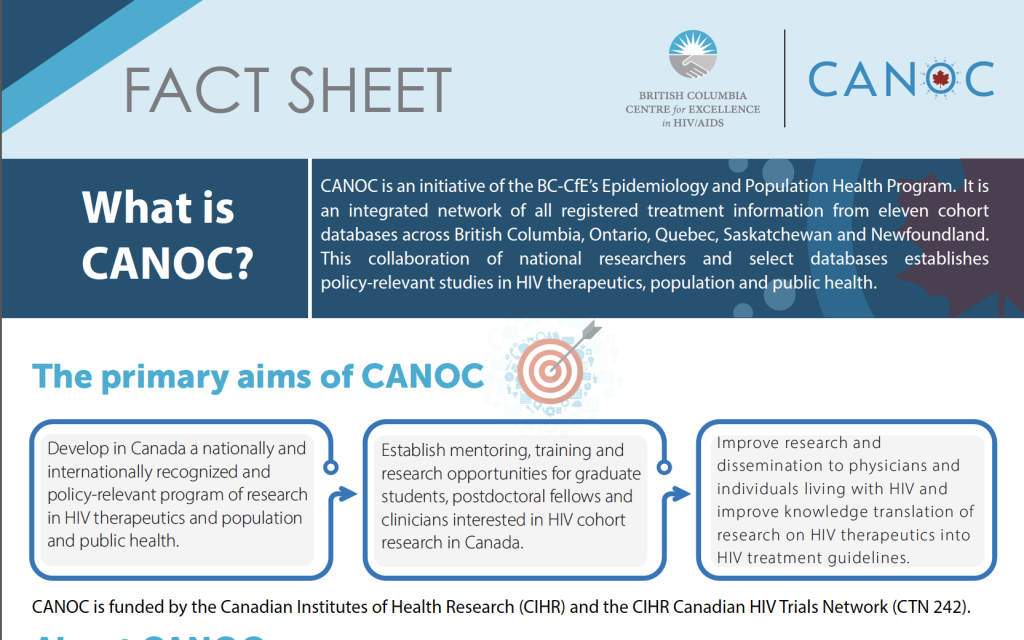BC-CfE study examines how neighbourhood poverty affects those living with HIV
A recently published study by BC-CfE researchers titled Neighbourhood-level material deprivation and response to combination antiretroviral therapy in the Canadian Observational Cohort (CANOC): a longitudinal cohort studyexamines the relationship between a neighbourhood’s socioeconomic status and how this affects the lives and health of Canadians living with HIV who are on combination antiretroviral therapy (ART).
BC-CfE study examines how neighbourhood poverty affects those living with HIV Read More »





